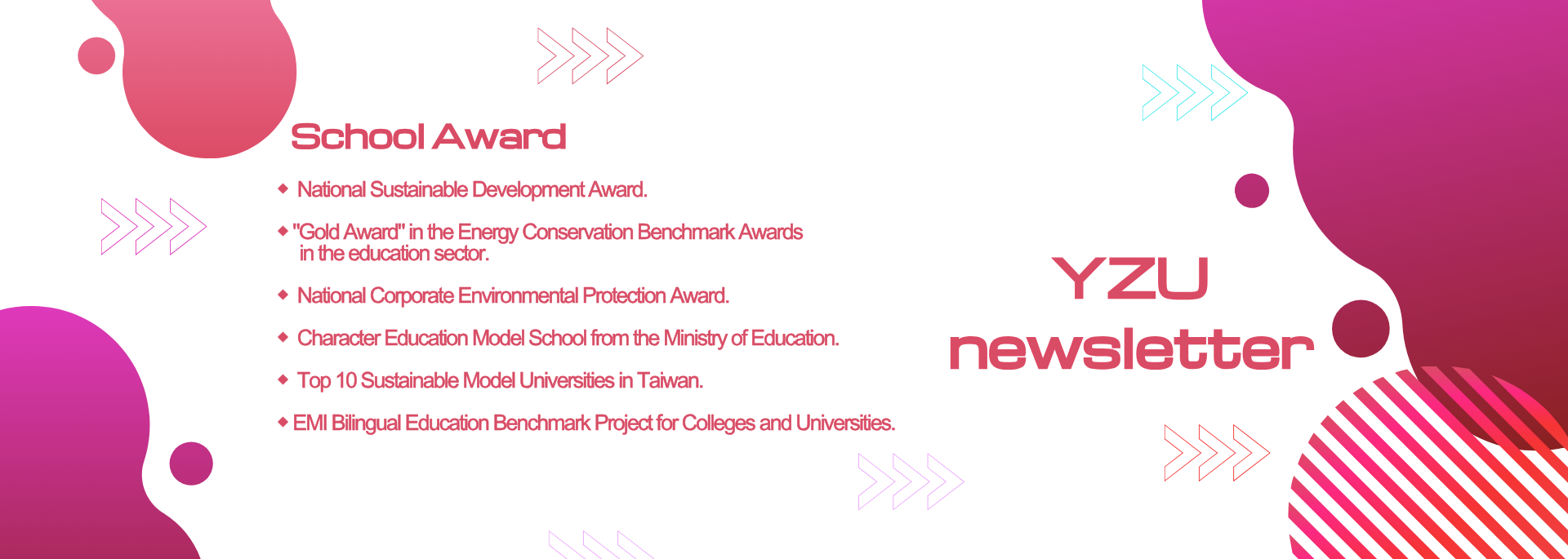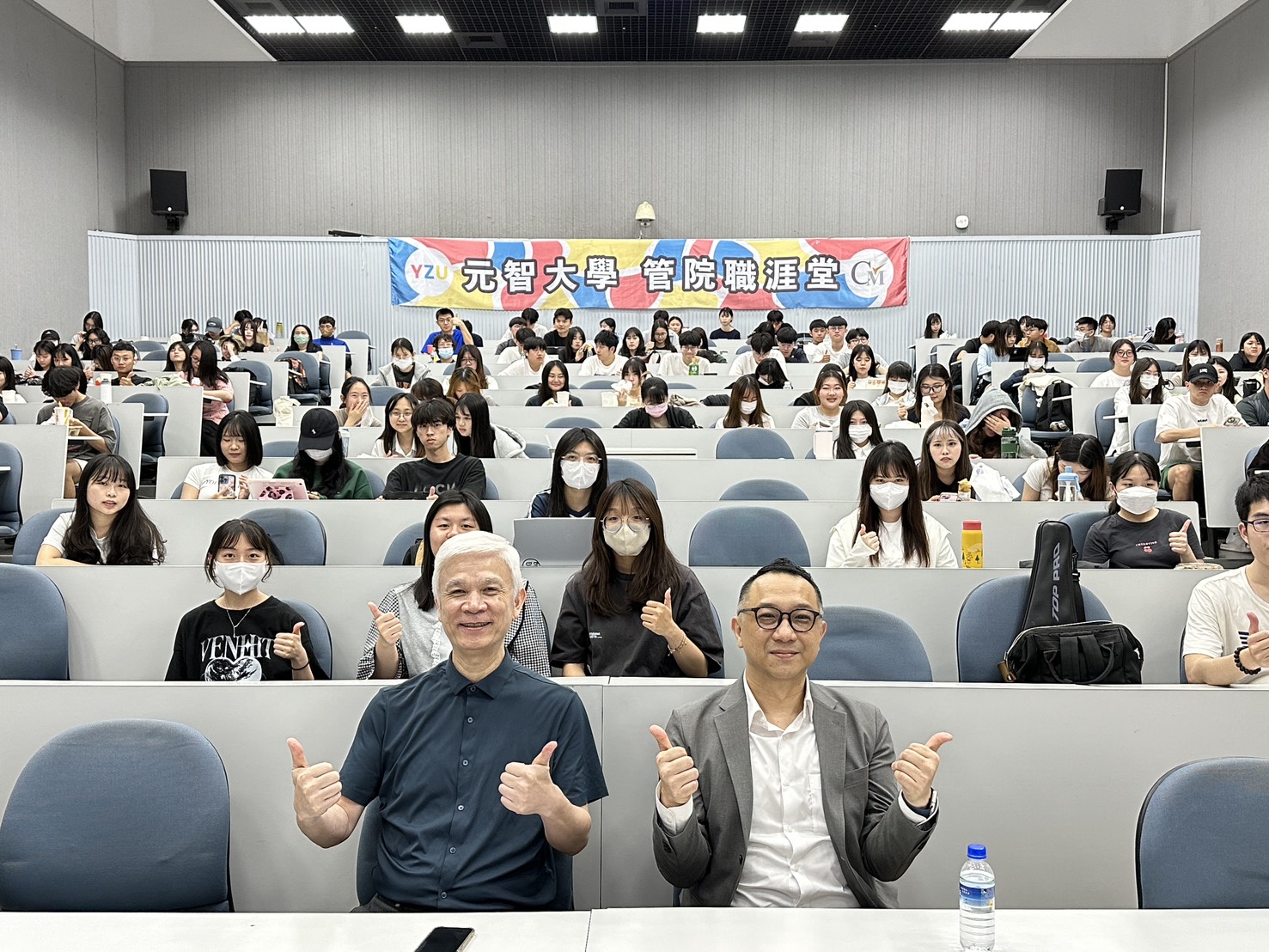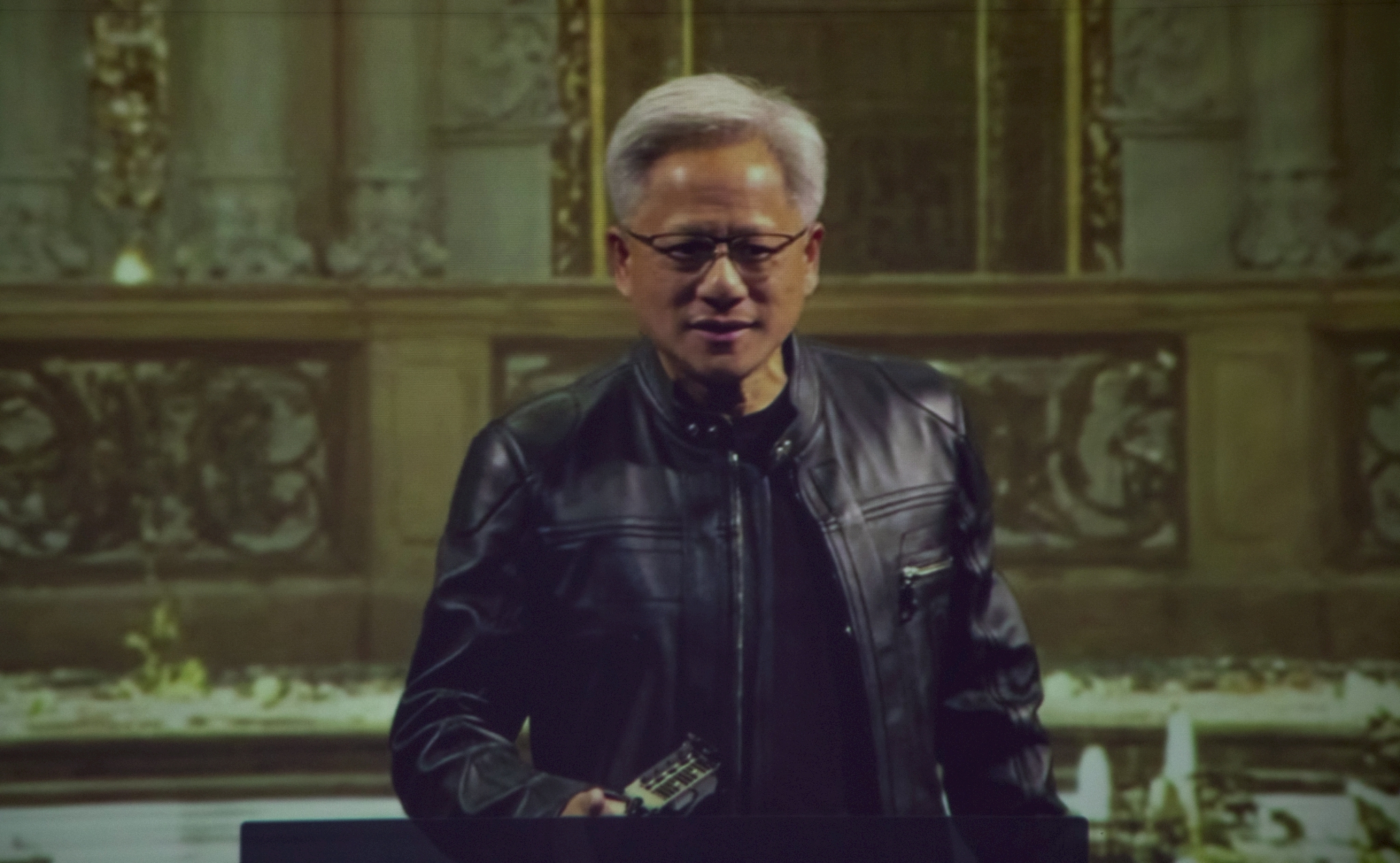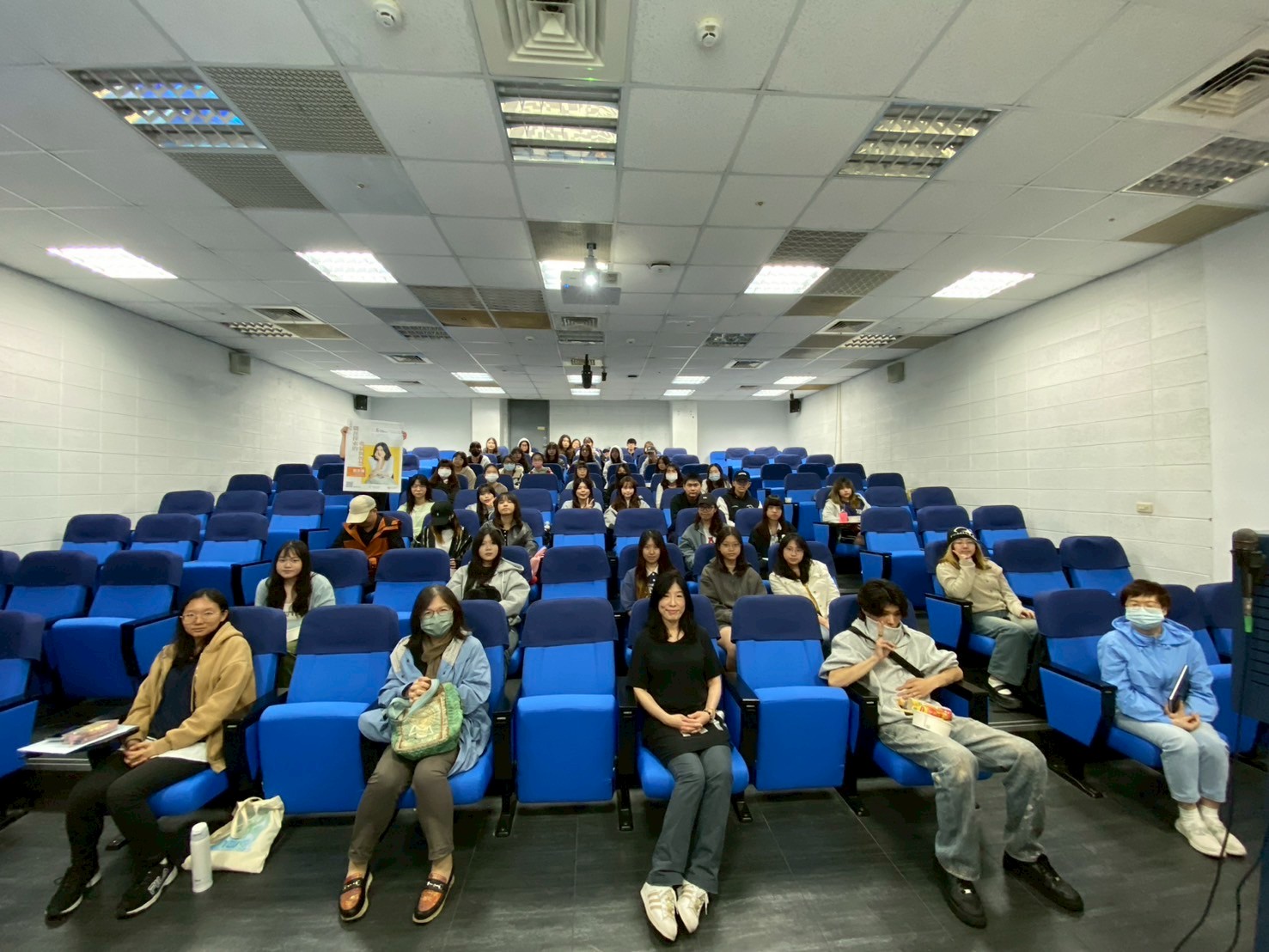As artificial intelligence continued to evolve at a rapid pace, the shape of the future workplace also underwent significant transformation. On May 21, 2025, Yuan Ze University invited alumnus Hsiu-Ming Lin, a 1984 graduate of the Department of Mechanical Engineering, to deliver an inspiring talk titled “Adaptability × Boundary-Breaking Thinking: Creating Your Irreplaceability.” The lecture drew a large number of students eager to gain insight into navigating careers in the AI era.
In his presentation, Lin systematically introduced a career map tailored to the AI age. He used two key dimensions—whether a person preferred research and technology or human interaction, and whether they leaned toward strategic planning or logical analysis—to categorize a range of AI-related professions such as AI researcher, data scientist, AI product manager, and AI prompt engineer. This framework helped students better understand the skills and characteristics associated with each role and how they might align with their interests and strengths.
Lin also pointed out common challenges that businesses faced when integrating AI, including poor data quality, a lack of skilled AI talent, fragmented resources, and a tendency to overlook user needs. He emphasized that implementing AI in a business setting was far more than just having initiatives in place—it required building a culture of cross-departmental collaboration and continuous learning to truly harness AI's potential.
To guide students in their career development, Lin shared what he called a “Business AI Talent Radar,” identifying six core qualities AI professionals should cultivate: proficiency in AI tools, the ability to define problems, communication and translation skills, creative thinking, learning agility, and data literacy. He emphasized that understanding business, understanding AI, and understanding people were the three essential “languages” future managers must master.
Lin went on to outline a four-step approach for breaking into the AI field: first, learn the foundational knowledge of AI; second, make use of available resources to build practical AI skills; third, gain an understanding of how AI is applied in real-world business scenarios; and finally, accumulate hands-on experience through projects or internships. He also shared a powerful example to illustrate that even students without a STEM background could develop AI capabilities. With tools like ChatGPT, Canva AI, and Notion, along with learning platforms such as Coursera and YouTube, anyone could start from their interests and gradually build the skills necessary to thrive in an AI-driven world.
The lecture not only provided students with a clearer and more structured understanding of AI-related career paths but also encouraged them to step outside their comfort zones and begin cultivating their own unique “irreplaceability.” Lin expressed his hope that students would embrace AI as part of their learning journey, reminding them that in the future, the people who would not be replaced by AI were those who knew how to leverage it effectively.
 English
English  正體中文
正體中文 



